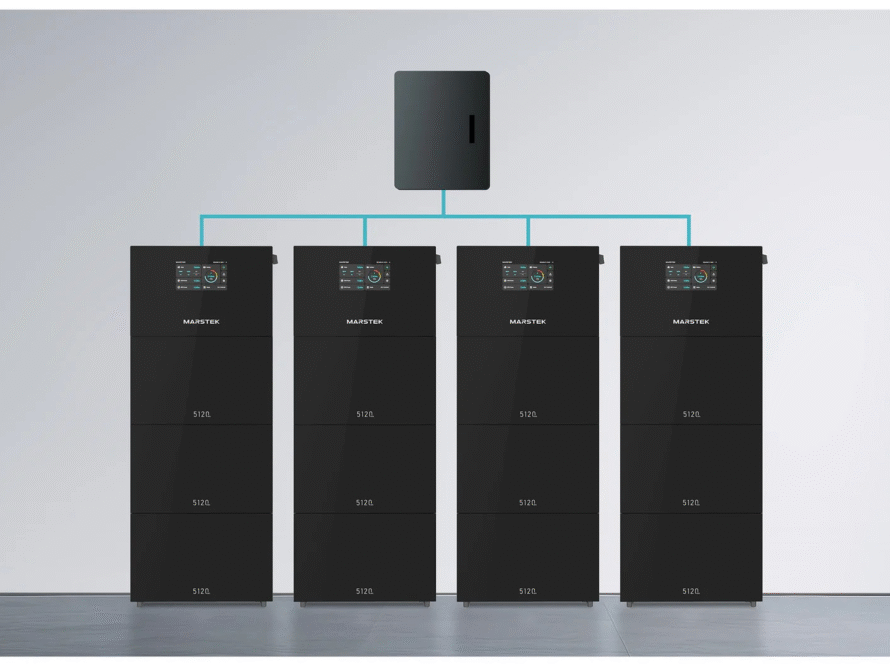Kenya’s Solar Tax Proposal: A Step Backward in the Fight Against Climate Change

Kenya stands at a pivotal moment in its pursuit of sustainable energy solutions. As the nation grapples with the challenges of climate change, the recent proposal to tax solar panels has sparked significant debate. This move, highlighted in a recent opinion piece from The Standard, raises concerns about the country’s commitment to environmental sustainability and the accessibility of renewable energy for its citizens.
The Controversy Surrounding Solar Panel Taxation
The Kenyan government’s consideration to impose taxes on solar panels has been met with criticism from environmentalists, industry stakeholders, and the public. The primary concern is that such taxation could hinder the adoption of solar energy, which is crucial for reducing carbon emissions and combating climate change. By making solar panels more expensive, the tax could deter individuals and businesses from investing in renewable energy solutions, thereby slowing down the country’s progress toward a greener future.
Implications for Environmental Sustainability
Kenya has been recognized for its efforts in embracing renewable energy, with significant investments in geothermal, wind, and solar power. Taxing solar panels could undermine these efforts by making clean energy less accessible, especially for low-income households and rural communities that rely on affordable solar solutions for electricity. This move could also contradict the country’s commitments under international environmental agreements aimed at reducing greenhouse gas emissions.
Economic Considerations
From an economic standpoint, Kenya’s Solar Tax Proposal could have adverse effects on the renewable energy sector. It may lead to decreased demand for solar panels, affecting local businesses involved in their distribution and installation. Furthermore, it could discourage foreign investment in Kenya’s renewable energy market, which has been a growing sector contributing to job creation and economic development
Public Response and Advocacy
The proposal has galvanized environmental advocates and concerned citizens to voice their opposition. Many argue that instead of imposing taxes, the government should provide incentives for the adoption of renewable energy, such as subsidies or tax exemptions. These measures could promote wider use of solar energy, aligning with global trends toward sustainable development and environmental conservation. Source



